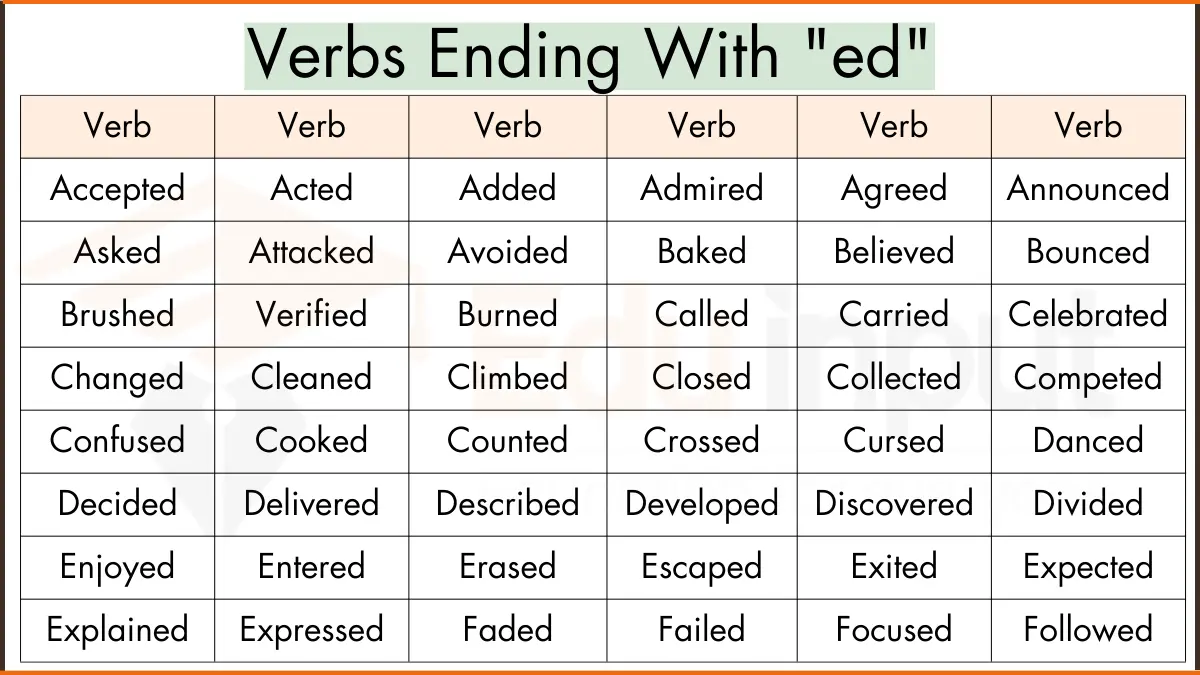Disinterested vs. Uninterested-Difference between and Examples
In the English language, certain words may appear similar but have distinct meanings and usage. Two such words that often cause confusion are “disinterested” and “uninterested.” Although they may seem interchangeable, they have different connotations and convey different attitudes. This article aims to clarify the disparities between “disinterested” and “uninterested” by providing clear definitions, examples, and comparative analysis. By exploring their meanings and usage in context, we can better understand the distinctions between these two terms.

Meanings and Examples
Disinterested meaning
It is an adjective. The meaning of disinterested is refer to being impartial, unbiased, or not influenced by personal interest or gain.
Disinterested Examples
a) The judge remained disinterested throughout the trial, ensuring fair judgment.
b) As a mediator, her role was to provide a disinterested perspective on the dispute.
c) The professor, being an expert in the field, offered disinterested advice to both sides.
Uninterested meaning
It is an adjective. The meaning of uninterested is the lacking interest, enthusiasm, or curiosity about something.
Uninterested Examples
a) She seemed uninterested in the topic and didn’t actively participate in the discussion.
b) He was uninterested in attending the concert, as he wasn’t a fan of the band.
c) The children appeared uninterested in the history lesson and showed little engagement.
Difference between Disinterested and Uninterested
| Disinterested | Uninterested | |
| Adjective | Impartial, unbiased, not influenced by personal interest | Lacking interest, enthusiasm, or curiosity |
| Example | The judge remained disinterested throughout the trial | She seemed uninterested in the topic |
| Grammar | Adjective form | Adjective form |
Usage in a Paragraph
During the discussion about the proposed project, the team leader appointed a disinterested colleague to lead the meeting. The chosen team member had no personal stake in the project’s outcome and could provide an unbiased assessment. On the other hand, some team members appeared uninterested in the discussion. They seemed bored and disengaged, showing minimal enthusiasm for the project’s details. Despite the team leader’s efforts to engage them, they remained uninterested and offered little input.
Understanding the differences between “disinterested” and “uninterested” is crucial for effective communication. “Disinterested” refers to impartiality and being unbiased, while “uninterested” signifies a lack of interest, enthusiasm, or curiosity. Using these terms accurately can avoid confusion and ensure clarity in our conversations and written communication.







Leave a Reply